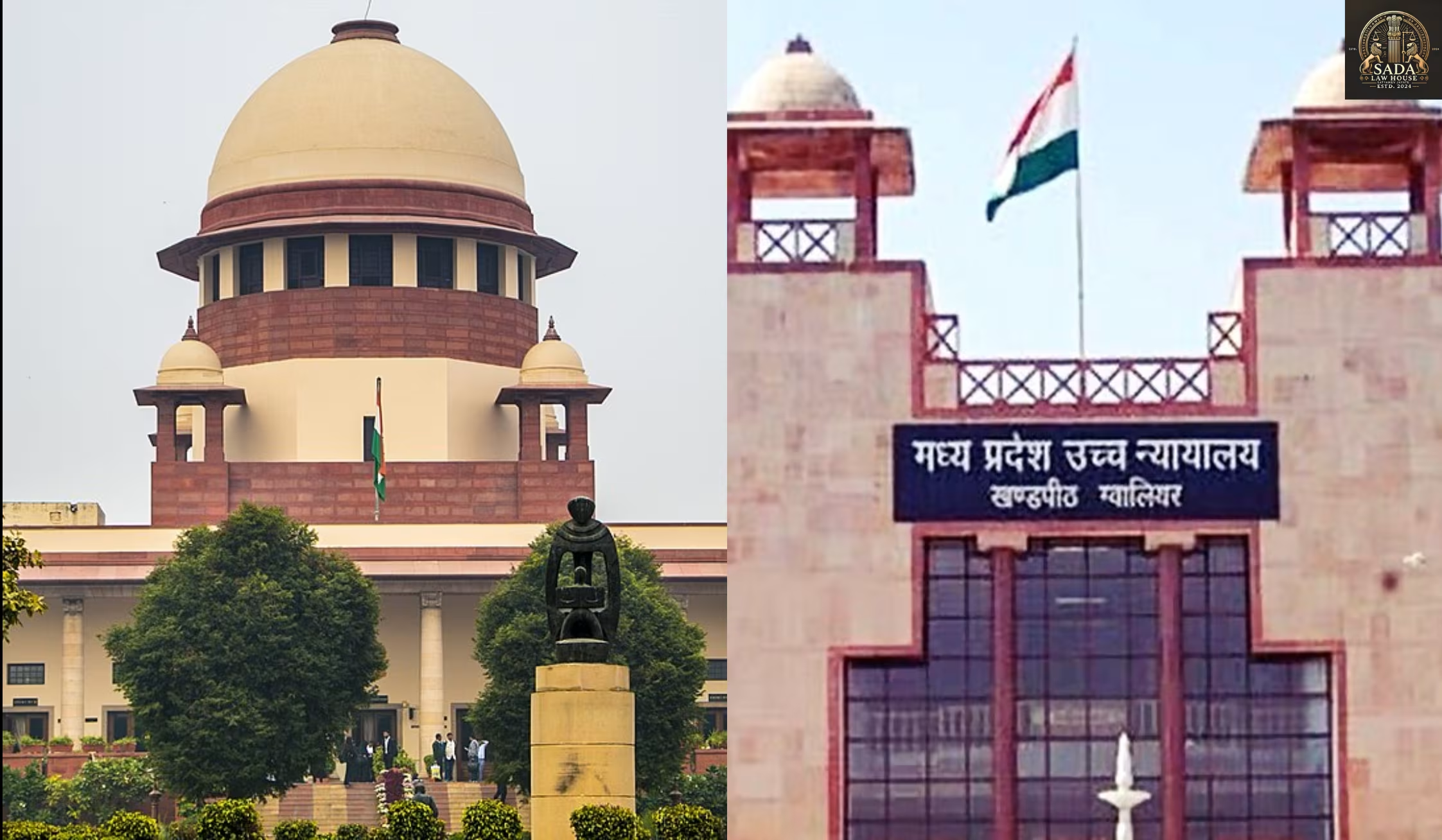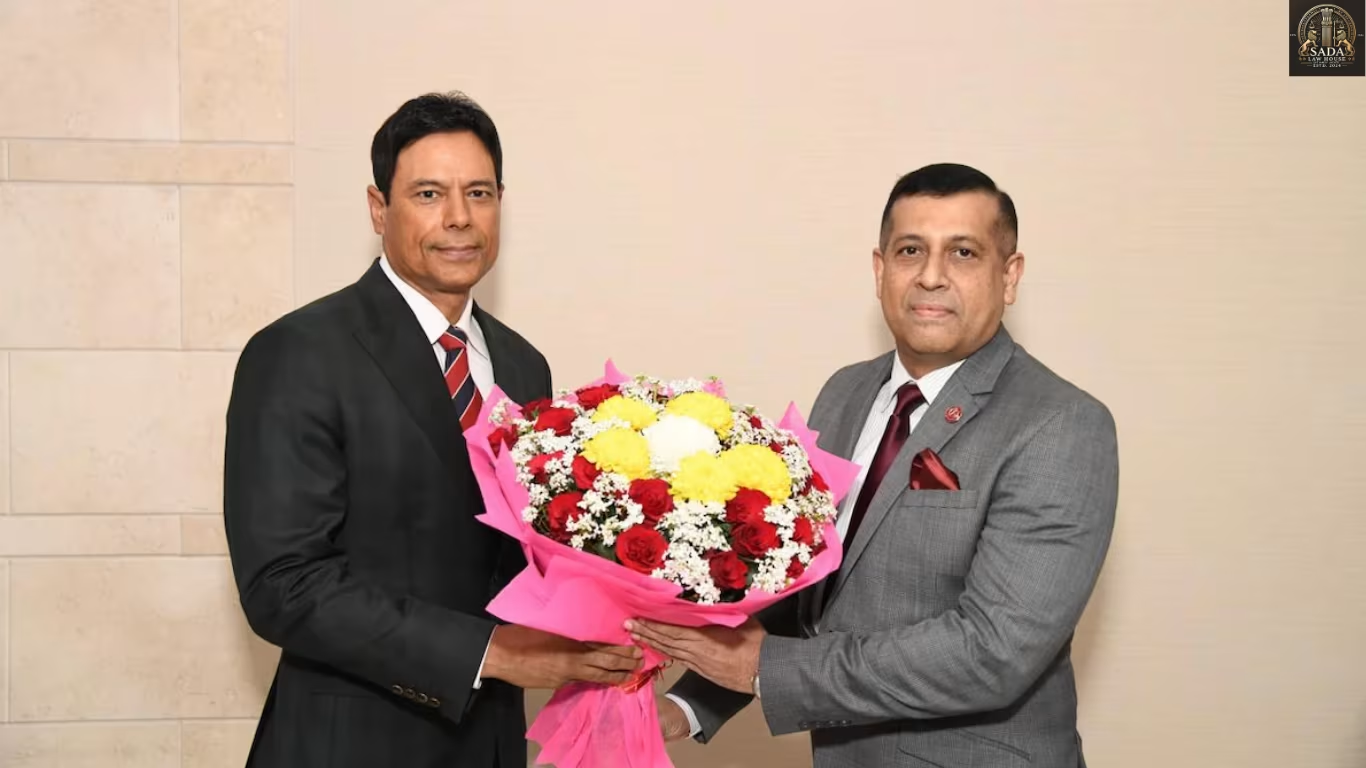Supreme Court Stays Madhya Pradesh High Court’s Order Requiring IPS Supervision in All Serious Crime Investigations
- Prabhat Kumar Biltoria
- 7 JULY 2025

The Supreme Court of India stays the Madhya Pradesh High Court’s directive for IPS-level supervision in all serious crime investigations, citing practical and administrative challenges. A crucial hearing is set for July 14, 2025.
Background: High Court Mandates IPS Oversight in Criminal Cases
In a recent and widely discussed legal development, the Supreme Court of India stayed an order issued by the Madhya Pradesh High Court that mandated Indian Police Service (IPS) supervision for all serious criminal investigations in the state.
This High Court directive, dated July 3, 2025, required the formation of a two-member supervisory team in each district—comprising:
One senior IPS officer of at least the rank of Superintendent of Police
One junior police officer of minimum Sub-Inspector rank
The goal was to strengthen investigative standards and bridge quality gaps in district-level policing.
Supreme Court’s Intervention: Practicality Over Policy
A bench consisting of Justice K.V. Viswanathan and Justice N.K. Singh responded to the Madhya Pradesh government’s appeal, which claimed that the directive was administratively unfeasible.
According to NCRB 2022 data:
Over 489 lakh cases were filed across the state
More than 38,000 cases were categorized as “serious offences”
The state has only 63 SP-rank officers to supervise all such cases
The state government argued that enforcing such a blanket supervisory mechanism would place an unmanageable burden on its senior officers.
Court’s Observation and Stay Order
The Supreme Court acknowledged the intent behind the High Court’s ruling—to enhance the quality of investigations—but emphasized that execution must be grounded in reality.
The Court, therefore:
Stayed the High Court order temporarily
Directed the Madhya Pradesh administration to submit a Standard Operating Procedure (SOP) within three weeks
Aimed to strike a balance between accountability and administrative feasibility
A follow-up hearing is scheduled for July 14, 2025.
Why This Case Matters
This decision sets a significant precedent in Indian policing and legal oversight. Its implications include:
A balanced judicial approach that values both reform and realism
A possible model for police reform across other Indian states with similar resource limitations
Encouragement for state governments to develop customized SOPs for improved investigations without overburdening law enforcement






